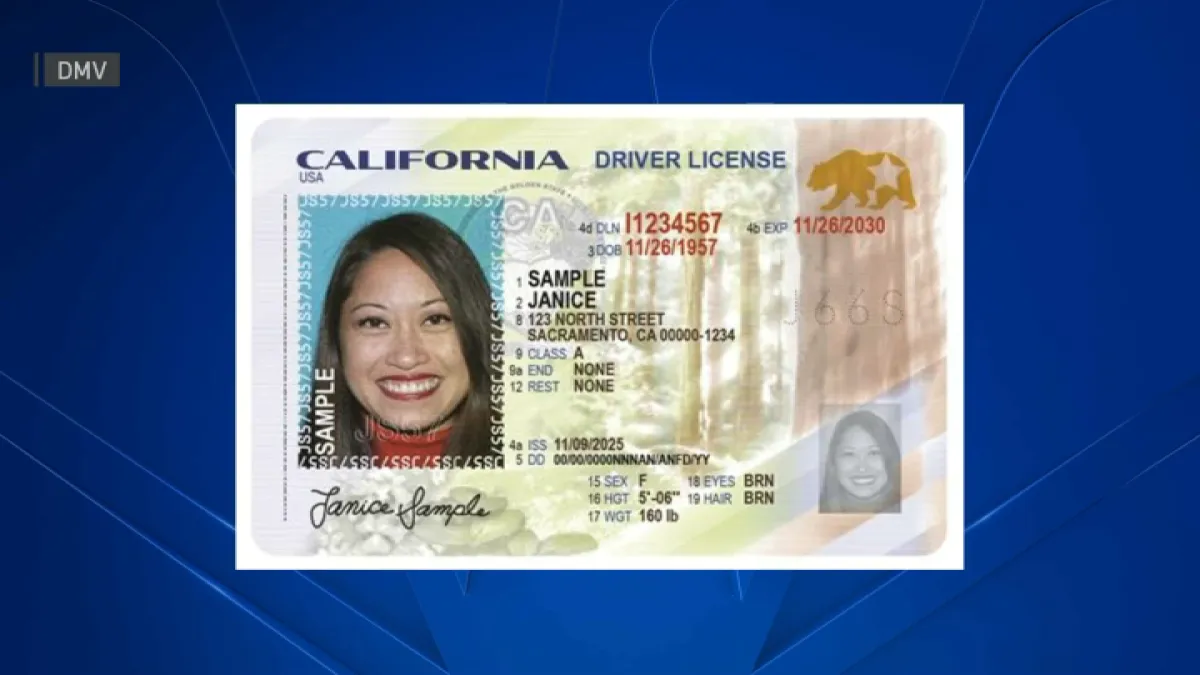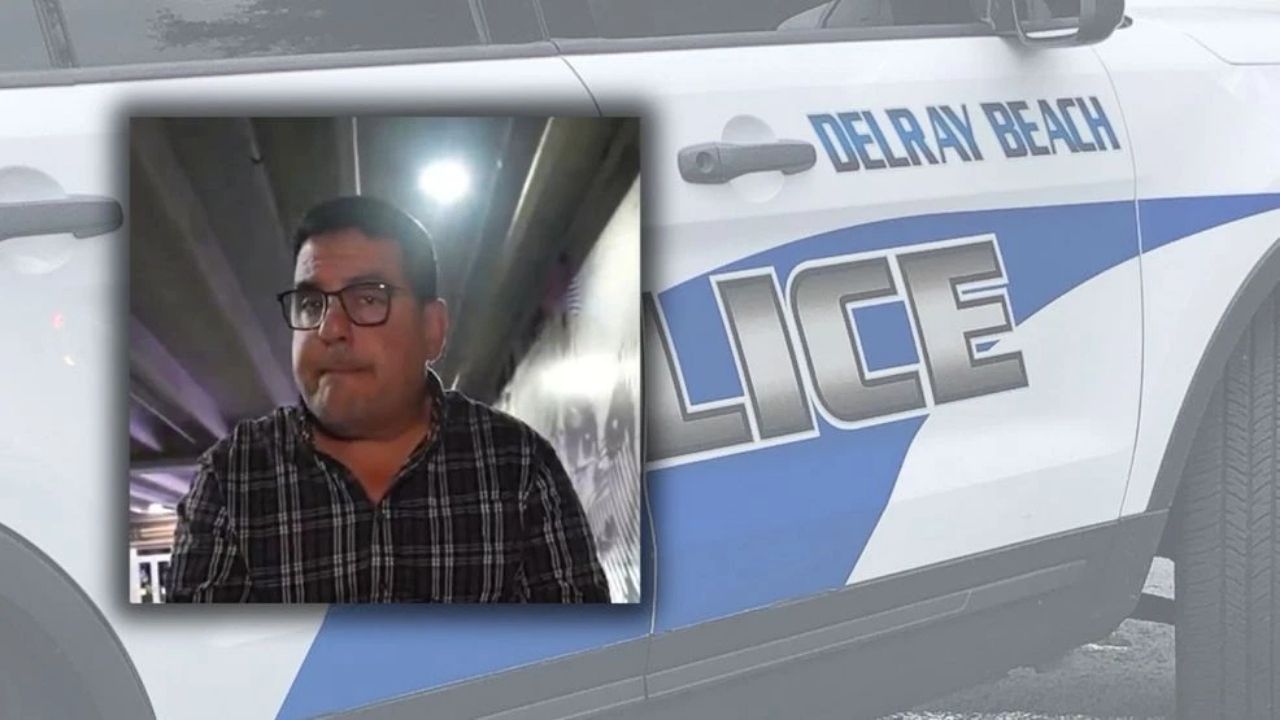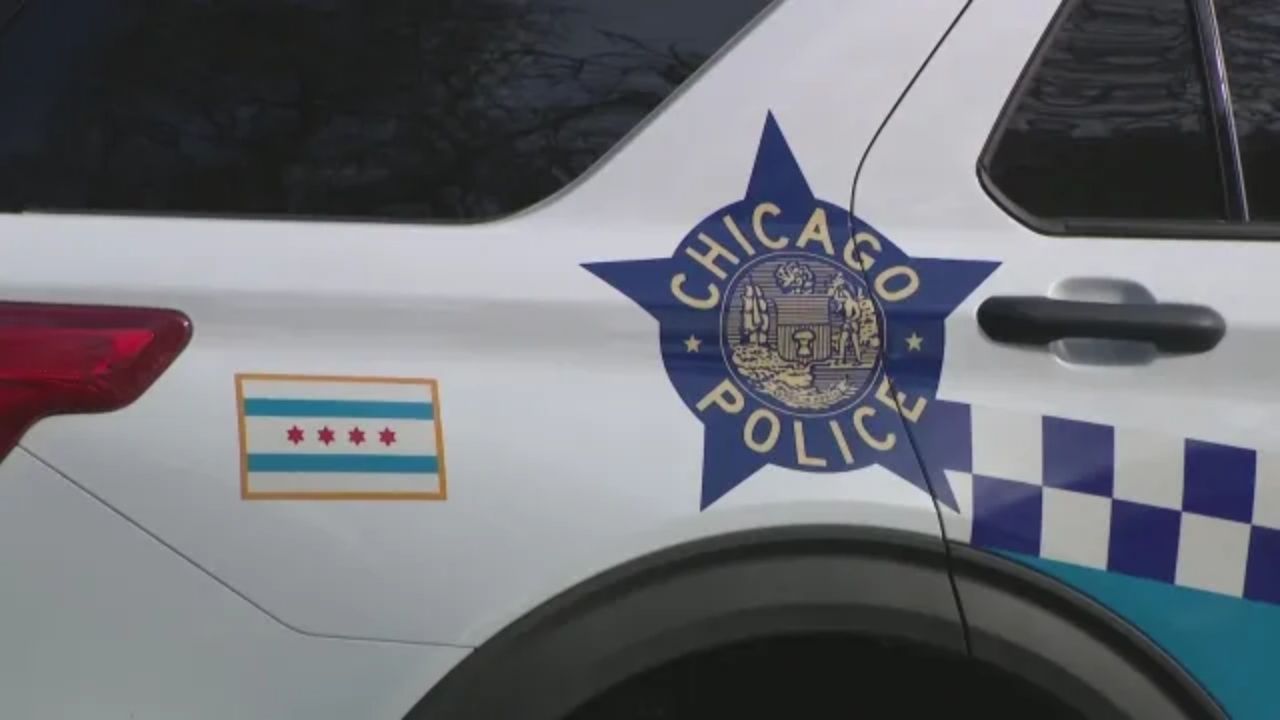California is entering a period of major transformation when it comes to driving rules, identification requirements, licensing procedures, insurance mandates, and digital modernization. The California Department of Motor Vehicles (DMV) has launched one of its largest regulatory update packages in decades — a move impacting nearly every one of the state’s more than 27 million driver’s license and ID holders.
These changes include stricter auto-insurance minimums, new convenience options for seniors, expanded online services, evolving enforcement rules, stricter parking safety guidelines, and a big shift toward REAL ID compliance for travel in the United States.
This long-form report breaks down every important detail so drivers can stay compliant and prepared.
Why California is updating its driving rules
California’s transportation system and driver population have evolved dramatically. The state’s updates are guided by four major priorities:
-
Modernizing licensing systems through digital IDs, online renewals, and automated processes
-
Improving roadway safety with stronger insurance requirements and updated parking laws
-
Complying with federal standards, especially for REAL ID and identity verification
-
Tailoring rules to demographic trends, including rising senior-driver populations
Together, these forces are pushing the DMV to adopt more efficient systems while simultaneously improving accountability on the roads.
New minimum auto-insurance coverage (2025)
Beginning January 1, 2025, California’s required liability insurance coverage will increase significantly. Drivers must now meet a higher protection threshold to legally operate a vehicle.
| Liability Requirement | Old Minimum Coverage | New 2025 Minimum Coverage |
|---|---|---|
| Bodily injury: one person | $15,000 | $30,000 |
| Bodily injury: multiple persons | $30,000 | $60,000 |
| Property damage | $5,000 | $15,000 |
What this means for drivers
-
Those with the cheapest plans may see monthly premiums rise
-
Drivers with existing higher coverage may notice little change
-
Anyone under-insured must upgrade to avoid registration and legal penalties
The goal is to reduce situations where victims face financial losses because another driver carried inadequate insurance.
REAL ID — A critical deadline for travelers
The DMV is urging everyone to upgrade to a REAL ID driver’s license or ID card before the upcoming federal enforcement deadline.
REAL ID rules
-
Effective May 7, 2025
-
A non-REAL ID license will no longer be accepted to board a domestic flight
-
A REAL ID will be required for entry to federal secure facilities such as military bases and some government buildings
How to identify a REAL ID
Look for a gold bear and star symbol in the upper-right corner of your license.
Required documents to apply
Drivers must bring:
-
Proof of identity (e.g., passport or birth certificate)
-
Social Security Number documentation
-
Proof of California residency (two documents)
A standard driver’s license will still allow legal driving — but not flying.
Senior drivers: Written test no longer automatic
Older drivers were previously required to take a written knowledge exam at every renewal after age 70. That requirement has now been eliminated.
However, seniors must still:
-
Pass a vision screening
-
Update a new photo
-
Submit renewal paperwork and fees
DMV may still order a driving test or medical review if safety concerns exist.
This update removes a major burden while still maintaining safety oversight for the state’s fastest-growing driver age group.
Major changes to parking and road safety laws
California is tightening safety around pedestrian crossings and other traffic-related issues.
Key rule changes for 2025
-
Parking banned within 20 feet of a crosswalk’s approach
-
Applies even without painted curbs
-
Designed to improve visibility and reduce pedestrian accidents
-
-
Crackdowns on street takeovers and dangerous demonstrations
-
More enforcement tools and penalties targeting organized driving stunts
-
-
Stronger protections against vehicle break-ins
-
New legal wording closes loopholes in auto burglary prosecution
-
Drivers must stay alert and learn the new rules to avoid unexpected violations.
DMV goes digital: Online services expanding
The state is modernizing how drivers interact with the DMV. Instead of long wait times and paperwork, many services are transitioning online.
New features include
-
Online renewals for most non-commercial licenses
-
Remote identity verification for some transactions
-
A digital mobile driver’s license (mDL) option expanding soon
-
Increased processing automation for car dealers and service providers
Who benefits most
-
Busy professionals
-
Rural drivers far from DMV offices
-
Those comfortable with digital IDs and mobile devices
The DMV states that office visits will remain available — but increasingly optional.
License suspensions reduced for non-driving offenses
California will no longer suspend a driver’s license solely for non-vehicle-related offenses such as certain misdemeanors or unpaid fines unrelated to driving.
Why this change matters
-
People can continue commuting to work
-
Parents retain the ability to drive children
-
Suspensions are now more aligned with actual road risk
This reform reflects a shift toward fairness while maintaining a focus on dangerous driving behavior.
Driver Compliance Checklist for 2024-2025
| Task | Who Must Act | Deadline |
|---|---|---|
| Upgrade to REAL ID for air travel | All domestic travelers not using a passport | May 7, 2025 |
| Update insurance coverage to new minimums | All vehicle owners | January 1, 2025 |
| Renew license if near expiration | All drivers | Check your card |
| Follow new crosswalk parking rules | Anyone who parks a car | January 1, 2025 |
| Learn digital DMV options & set up online account | Recommended for all drivers | Ongoing |
Completing these steps early can prevent fines, airport delays and service disruptions.
FAQs
Will my current license still let me drive after May 2025?
Yes — driving remains legal even with a non-REAL ID license.
Do seniors still get tested while renewing?
Only vision checks are mandatory now; road or medical tests may occur if concerns exist.
Will insurance costs go up?
Most basic plans will increase in cost due to higher minimum liability limits.
Is the digital mobile license mandatory?
No — the physical card remains valid and required during the transition period.
If I move, can I update my address online?
Sometimes. Any major personal information change may require an in-person renewal.
The broader impact on Californians
These changes reflect a shift in California’s transportation priorities:
-
Safer community roads
-
Modern technology adoption
-
Streamlined renewals and accessibility
-
Fairer license penalty systems
-
Better readiness for federal travel rules
Although some drivers may face higher insurance or a learning curve with digital processes, California aims to balance modernization with fairness and safety for all.








Leave a Reply